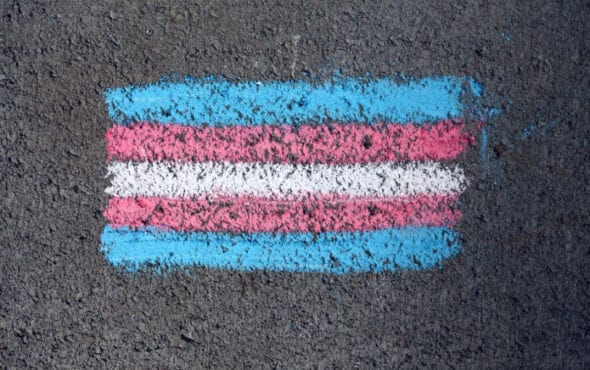
Transgender teenagers and young adults who are unable to access cross-sex hormone therapy are at greater risk of depression and attempting suicide, a study by a U.S. advocacy group of thousands of trans young people showed on Tuesday.
As more people come out as trans, debate has grown about the age at which transition treatment should begin. Some fear hormones and puberty-blocking drugs are prescribed too early or hastily, but others say access to them can be life-saving.
Tuesday’s survey by The Trevor Project, an LGBTQ+ advocacy nonprofit, polled almost 35,000 LGBTQ+ people aged between 13 and 24, including nearly 12,000 who identified as trans or non-binary – neither male nor female.
Three-quarters of trans and non-binary youth who wanted but did not have access to cross-sex hormones reported feeling depressed in the prior two weeks, found the survey – conducted in late 2020.
Of those taking hormones, 60.8% reported symptoms of depression.
Among those aged between 13 and 17, 27.7% of those who wanted but did not get the hormones said they had attempted suicide, the advocacy group said.
That compared with 16% of those in the same age group who had been able to access the hormonal medication.
“Gender-affirming care has the potential to reduce rates of depression and suicide attempts while banning this vital care and exposing young people to harmful political rhetoric can cause real harm,” said Amit Paley, The Trevor Project’s chief executive.
“It’s critical that all transgender and non-binary youth across the country have access to medical care that is affirming, patient-centred and evidence-based,” he said in an emailed statement.
In July, a U.S. federal judge temporarily barred the state of Arkansas from enforcing a first-in-the-nation law that would have banned doctors from providing puberty blockers, cross-sex hormones or gender transition surgeries to minors.
A British court in September overturned a prior ruling that had restricted children’s access to puberty blockers.



